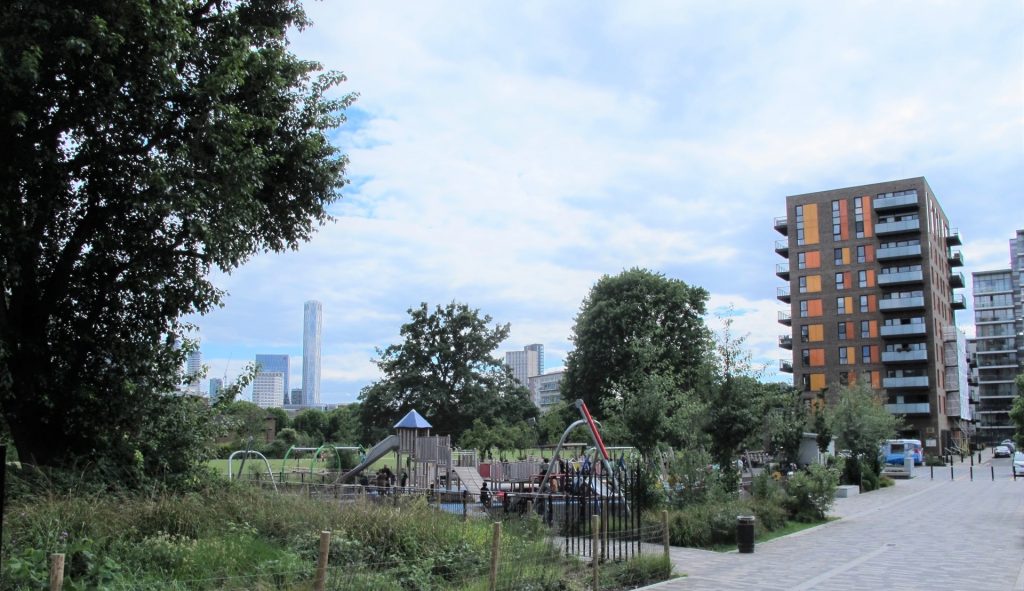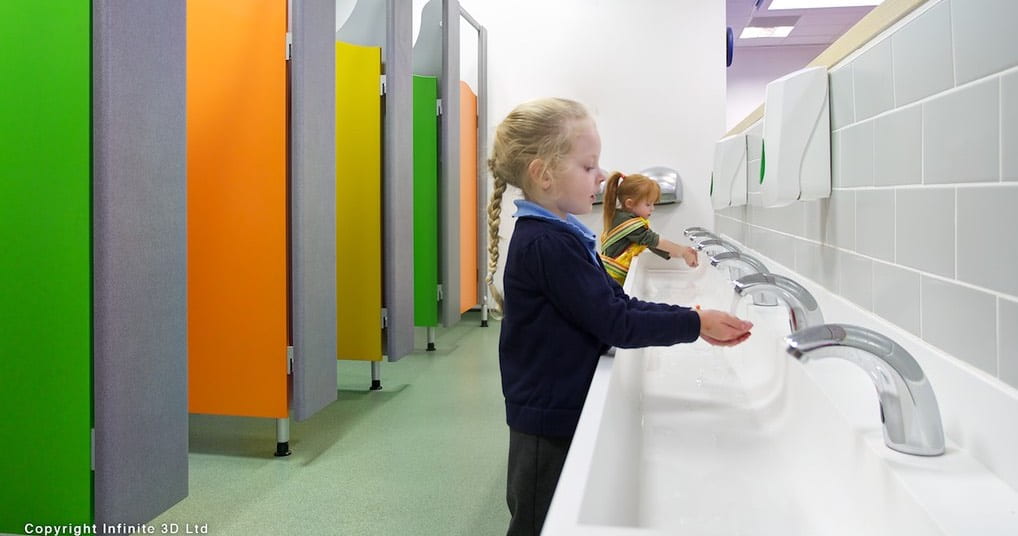Thinking of becoming a teacher? These are the top skills employers are looking for
By Blog Editor, IOE Digital, on 16 August 2022
16 August 2022
By Golo Henseke and Shunyu Yang
Excellent, highly skilled teachers are crucial for quality education – as this year’s round of exam results highlight once again. However, while the critical role of teachers on student outcomes has received a great deal of attention, less is known about how schools design teacher jobs and what skills they seek to enable excellent teaching.
This blog is the first post in a two-part series on the teaching profession, drawing on a large number of job adverts between 2012 and 2020. This first post looks at skills requirements in teacher vacancies, how they have changed since 2012, and how they relate to pay.
The analysis shows: First, skills requirements rose. Second, softs have become more important. Third, in 2020, employers would pay a premium for specialist expertise, people-management and cognitive skills – but IT skills were not highly valued, despite most teaching going online during (more…)
 Close
Close




 28 March 2022
28 March 2022 6 January 2022
6 January 2022

 10 November 2021
10 November 2021